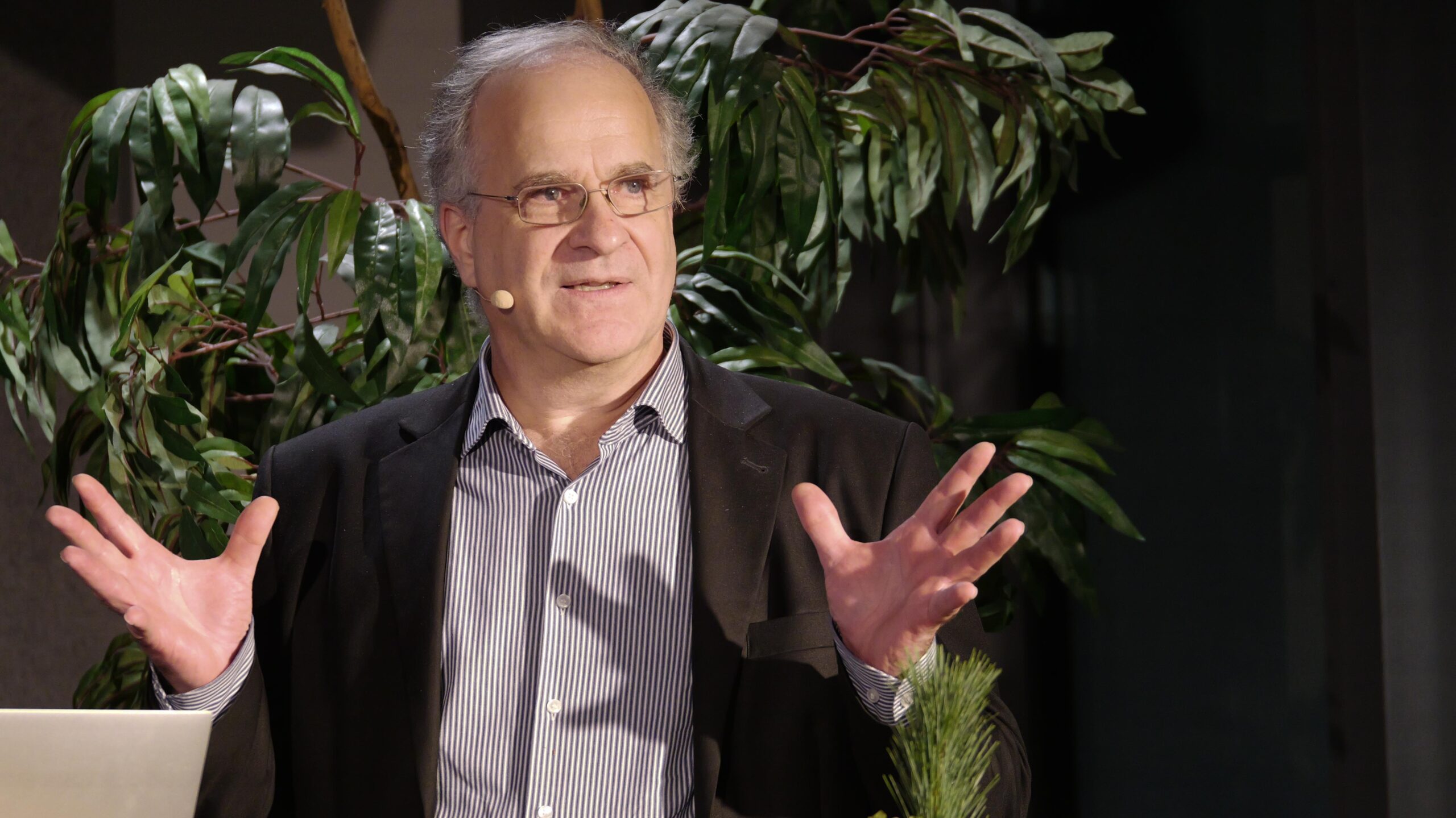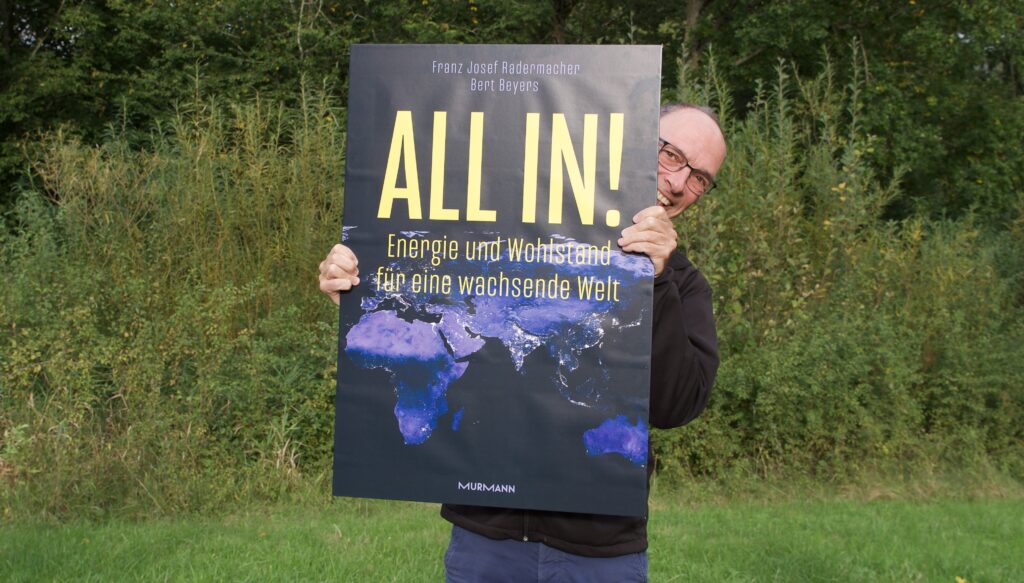An electric motor requires different raw materials than a combustion engine: for example, rare earths for powerful magnets. In order to generate and use energy, the global energy transition requires a significantly different raw material base than the fossil age. The transition may lead to a wide variety of supply bottlenecks in the coming years. For example, if critical raw materials can only be obtained from a few countries. If these are then politically and economically insecure, the situation will worsen. Not only rare earths are considered critical, but also nickel, lithium and copper, for example, which are central to electrification. There are also signs of bottlenecks in electrolysers for the production of hydrogen. Which raw materials are particularly important for the upcoming transition and how possible bottlenecks can be countered, these and other questions are addressed in the new study by GES.
Share this post:




